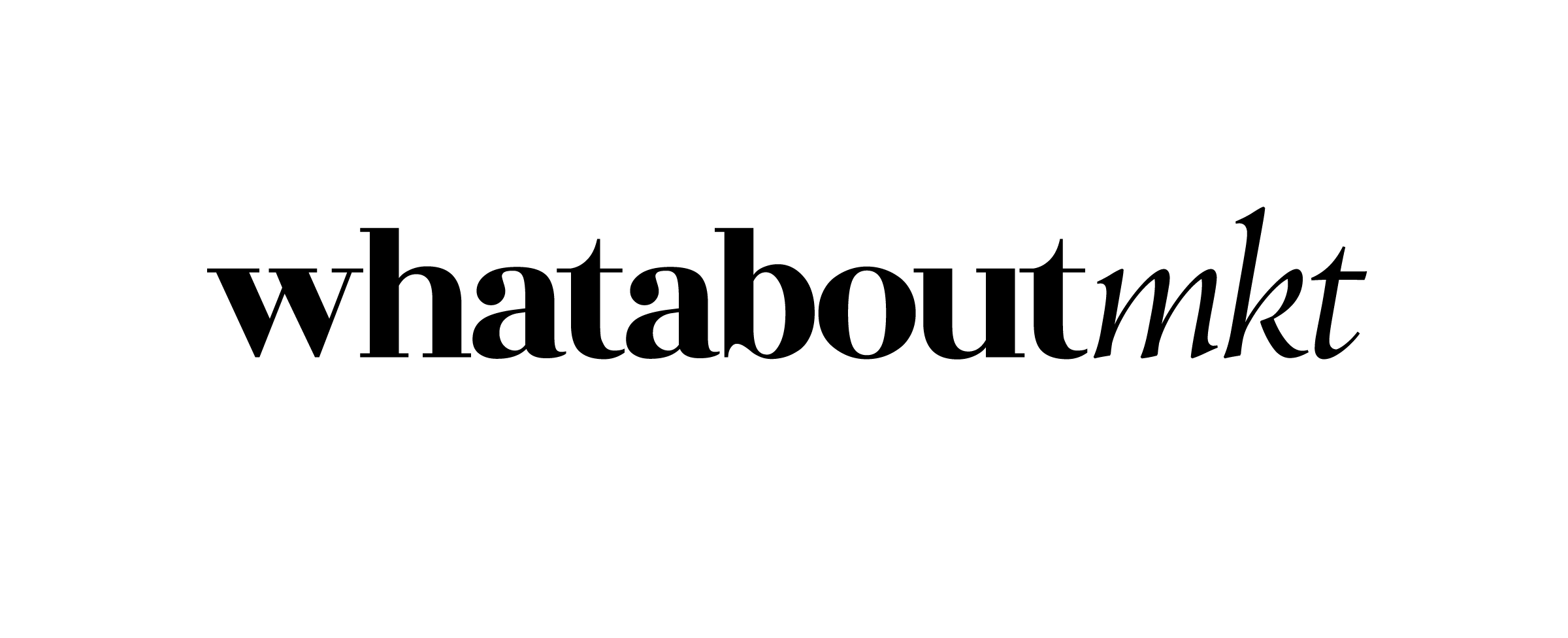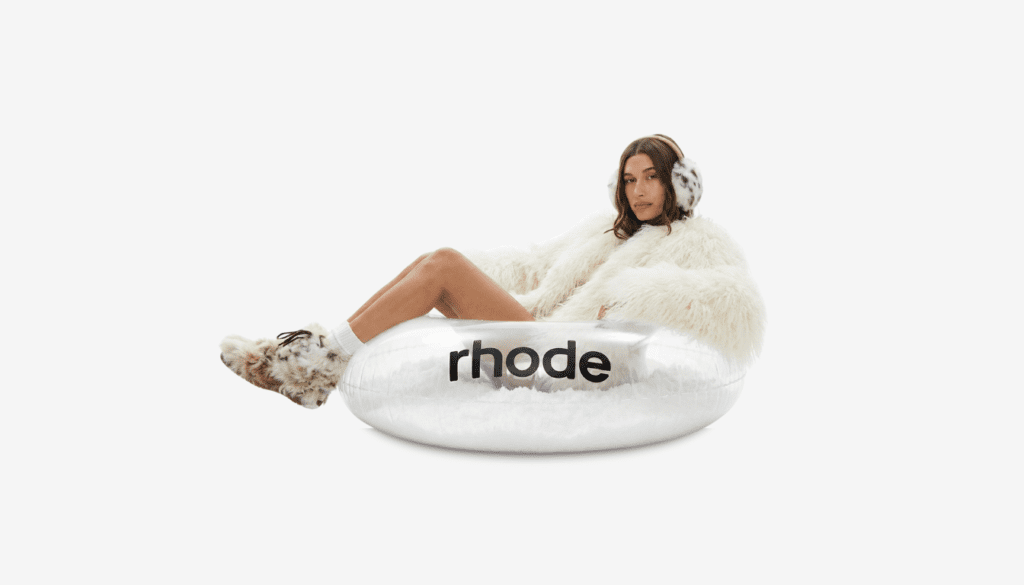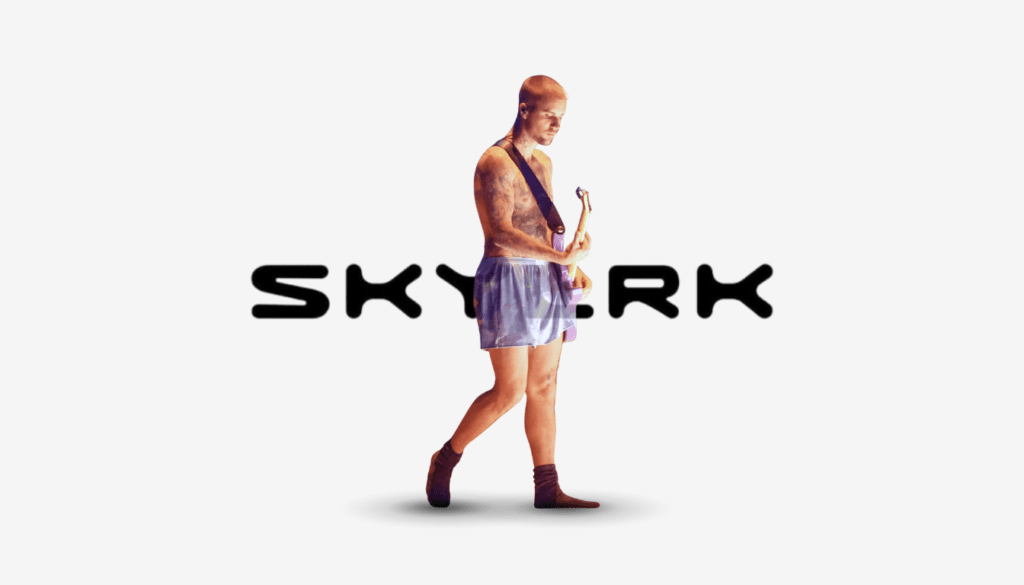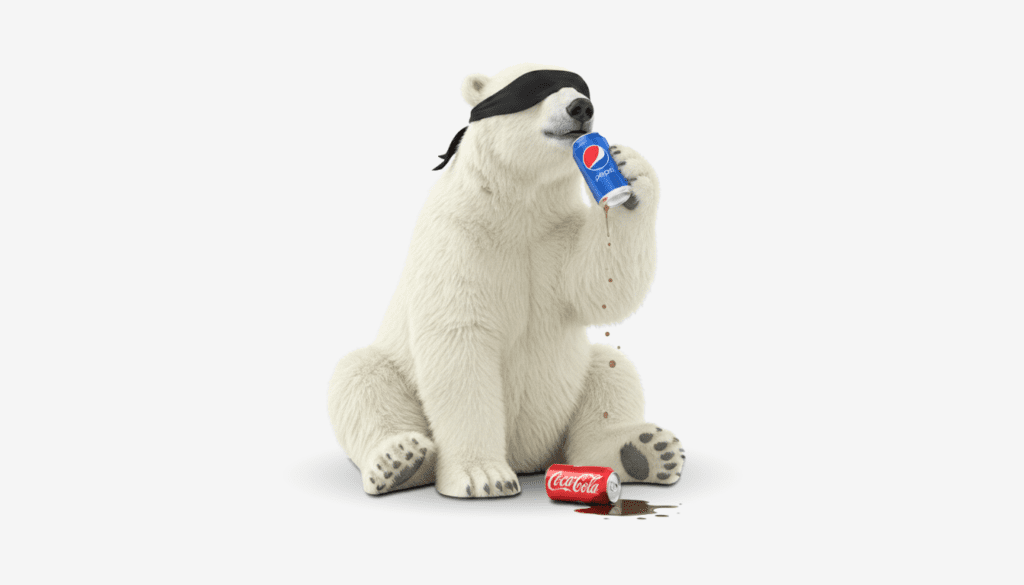In late March 2025, The Ordinary—a Canadian skincare company known for its radical transparency and low-cost formulas—launched a campaign that, at first glance, had nothing to do with skincare. The brand offered a dozen eggs for $3.37 for one weekend at two of its New York City stores. In a borough where eggs can exceed $10 a carton, this wasn’t just a deal—it was a statement. And like any well-executed statement in today’s cultural landscape, it provoked an instant, polarized reaction.
The campaign, a collaboration with MSCHF—the art collective behind viral spectacles like Big Red Boots and Candy AirPods—triggered a cascade of commentary across social media. It was dubbed everything from “genius” to “dystopian,” with some celebrating the satire and others questioning the ethics of a vegan, cruelty-free brand selling animal products. But that kind of division is often the point in a digital economy where engagement equals currency.
Strategic Provocation in a Saturated Space
The Ordinary isn’t new to disruption. It broke beauty industry norms by stripping away luxury branding and emphasizing science-backed ingredients at drugstore prices. This time, it extended that strategy beyond skincare, entering a wholly unrelated category—groceries—to spotlight issues much larger than cosmetics.
Selling cheap eggs amid peak inflation wasn’t just an economic gesture. It was emotional branding masquerading as an absurdity. By entering a space loaded with political tension, socioeconomic pressure, and day-to-day frustration, the campaign spoke directly to consumer pain points. It did what great campaigns increasingly do: spark conversation and emotion in a world otherwise numb to typical advertising.
The collaboration with MSCHF ensured virality, but the deeper resonance came from the campaign’s subtext. In the shadow of U.S. tariffs on Canadian imports—a policy introduced under Trump that still affects goods like Deciem’s (The Ordinary’s parent company) skincare—the egg stunt may have carried a quiet act of rebellion. A Canadian brand calling out inflated American prices while sidestepping the algorithmic safety that most corporate messaging clings to is a risk, but it was a calculated one.
Why Controversy Works Now: Marketing in the Age of Gentle Outrage
The strategy leans on what can best be described as “gentle outrage”—a dose of cultural friction calibrated not to alienate but to agitate just enough. In today’s polarized climate, neutrality often equals invisibility. Brands that play too safe are increasingly ignored. This campaign stood out because it dared to provoke while leaving room for interpretation.
Some commenters fixated on the ethical contradiction: How can a vegan brand sell eggs? Others applauded it for breaking the fourth wall of branding. In both cases, The Ordinary succeeded in shifting from being just a skincare provider to participating in a broader cultural conversation.
This is not accidental. It’s aligned with key shifts in consumer behavior. A 2024 Edelman Trust Barometer study showed that 63% of consumers now make purchase decisions based on a brand’s beliefs and values. But increasingly, it’s not just what a brand believes—how boldly and creatively it expresses those beliefs that build connection.
Consumer Consciousness Is Changing—And This Campaign Gets It
The campaign hit a nerve because it mirrored how younger consumers, especially Gen Z and Millennials, interact with the world. These audiences are fluent in irony, paradox, and meme logic. The juxtaposition of a high-concept skincare brand selling eggs was surreal but emotionally and politically resonant. It offered a rare sense of subversive community through commerce.
This aligns with a broader post-ironic trend in branding, where absurdity is welcome and expected. In a saturated market, clarity is often outpaced by surprise. The egg stunt broke the rhythm of standard marketing by inviting the consumer to observe and participate in the narrative—interpreting, reacting, and even arguing about what it all meant.
Equally important is the campaign’s physical presence. The Ordinary created a tangible, local experience by limiting the offer to brick-and-mortar stores. This is critical in a retail environment where “experiential” is no longer optional. Foot traffic in New York stores became part of the media value, reinforcing the idea of physical retail as a cultural platform, not just a sales channel.
What This Means for the Future of Branding
The Ordinary’s campaign is more than a stunt—it’s a playbook for how to build relevance in an age where marketing is less about messaging and more about meaning. It embraces today’s consumers’ complexity: ethical contradictions, economic anxiety, and the desire to feel seen by brands.
We’re entering a marketing era defined by emotional intelligence and strategic risk. That means brands can no longer afford to speak only through product features or sanitized social good campaigns. They must engage with their audiences’ cultural, political, and psychological realities—whether through humor, critique, or straight-up surrealism.
That’s why we can expect more brands to cross into unlikely categories, use controversy as a growth engine, and turn stores into stages for ideas, not just inventory. In this sense, The Ordinary is not selling eggs. It’s selling a story—one that acknowledges the absurdity of modern life, the cost of living, and the yearning for brands that not only listen but respond.
Final Thought: Smart Marketing Isn’t Always Pretty—But It’s Always Precise
In 2025, clever marketing doesn’t play by old rules. It plays in the spaces where culture, commerce, and commentary intersect. The Ordinary’s campaign proves that when done with clarity, boldness, and emotional acuity, even something as mundane as a carton of eggs can become a vessel for meaning—and a case study in marketing strategy done right.









